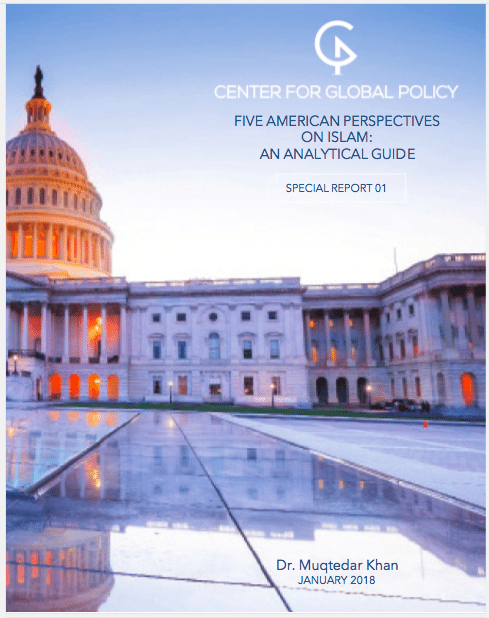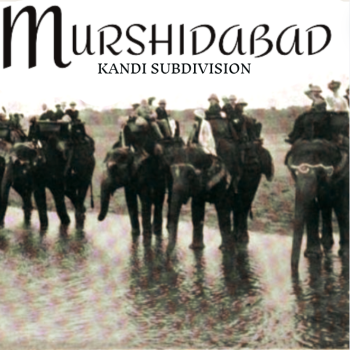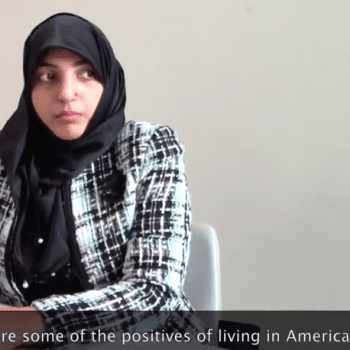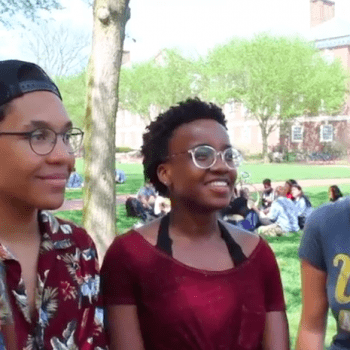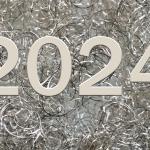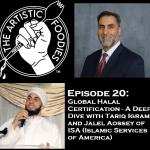This comprehensive report explores the impact of ideology on American Foreign Policy. It identifies five schools of thought that shape US policy in the Muslim World — conservative, neoconservative, realist, liberal and progressive. The report unpacks the assumptions that each school of thought makes about Islam and Muslim politics and identifies the policy recommendations that they make. The report examines how Presidents George W. bush, Barrack H. Obama and Donald J. Trump drank from this reservoir where ideology and politics, knowledge and power mix. Finally the report recommends a paradigmatic combination to guide US foreign policy that will safeguard American interests in the Muslim World.
The research for this report was sponsored and published by the Center for Global Policy a Washington based non-partisan think tank that seeks to inform American foreign policy. It is important that policy makers in Washington DC and other major capitals in the World read this to make sense of US policy. Hopefully international media will also review this report and share its findings to inform public opinion, specially in Western democracies.
Click here to read and download the report. It is also available on academia.edu. Academics can use this link to share the report with their colleagues and students.

